Tag: classical education
-
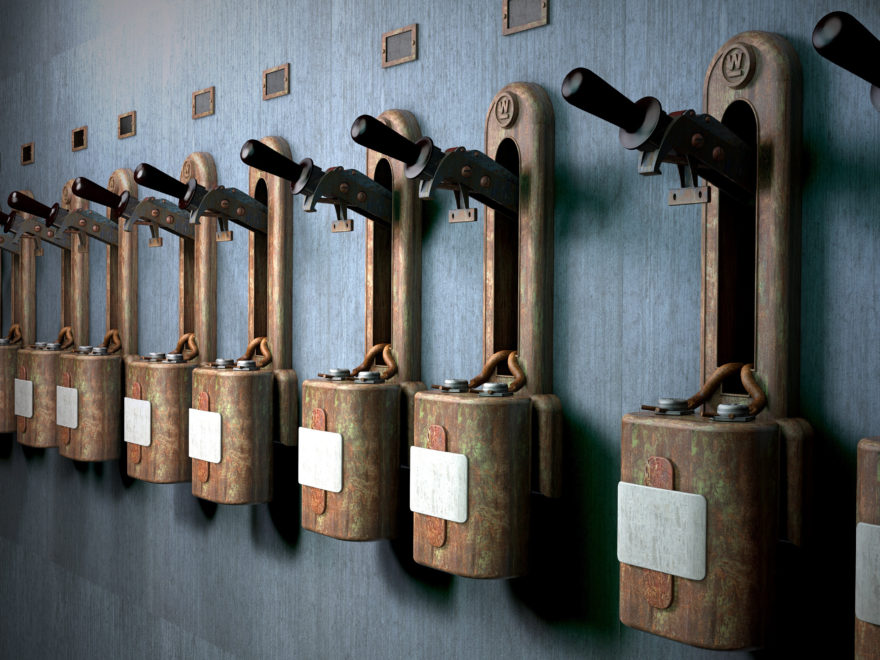
The Problem of Technicism in Conventional Education
Technicism is not simply an over-fascination with technology as a means of stimulating learning out of students, though that problem plagues conventional education as well. Instead, I use the term ‘technicism’ to refer to a broader ideological approach to education that has become captivated by quantitative measurements and the economic evaluation of success. In technicism…
-

The Black Death and an Educational Renaissance
An infectious disease causes a pandemic that decimates the major urban centers in northern Italy. Doctors are recognized by their masks. The economy is disrupted through the loss of a workforce. The social order is overturned. Many turn to religion as a response to the pandemic, yet dogmatic norms are questioned. The pope issues indulgences…
-

The Flow of Thought, Part 4: The Seven Liberal Arts as Mental Games
There’s a lot of talk these days about the war between STEM and the liberal arts (which we are meant to understand as the humanities generally). Often this gets posed as a trade-off between a utilitarian education—training our future engineers, scientists and programmers—vs. a soft education in human skills and cultural awareness. Given the hype…
-

Training in the Arts vs. Teaching Sciences
I have previously written on the classical distinction between an ‘art’ and a ‘science’, but I recently discovered some interesting confirmations of it in Plato and John Milton Gregory (two otherwise widely divergent figures in the history of education). In particular, the chief take-away for teachers is a clearer awareness of when you are focused…
-
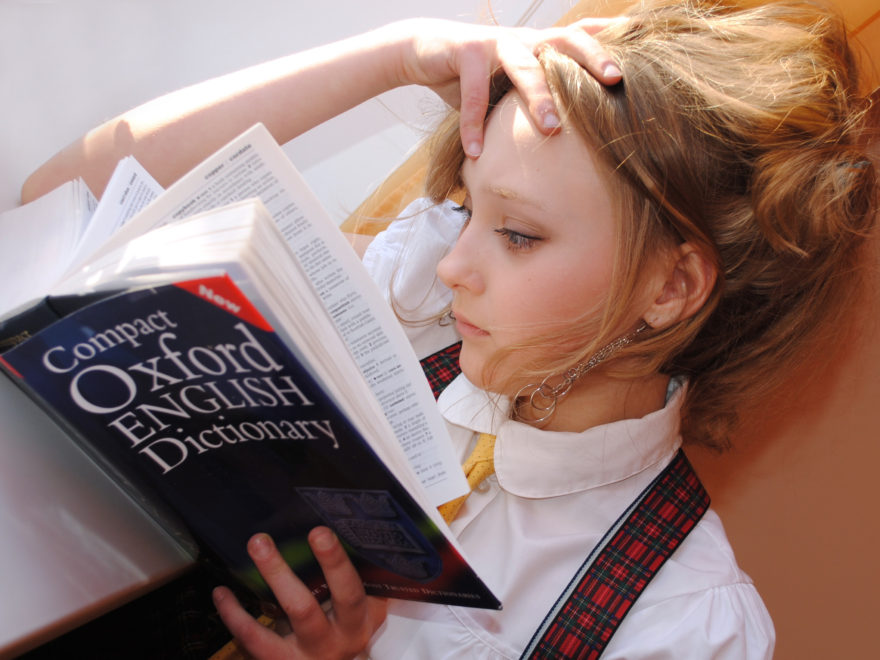
The Flow of Thought, Part 1: Training the Attention for Happiness’ Sake
It may seem strange to look to modern psychology for support of classical education. After all, it’s the vagaries of modern thought that have got us into this educational trouble in the first place. The abandonment of tradition, the scientism and revolutionary overhaul of religion have all taken their toll on the proper training of…
-

Back to School and Back to Educational Renaissance
Welcome back to a new school year and to a new year of Educational Renaissance! The back-to-school sale shelves are probably already picked over and disheveled, but Jason, Kolby and I are planning a whole series of great posts that will last you the whole school year. Look for our first post to drop next…
-
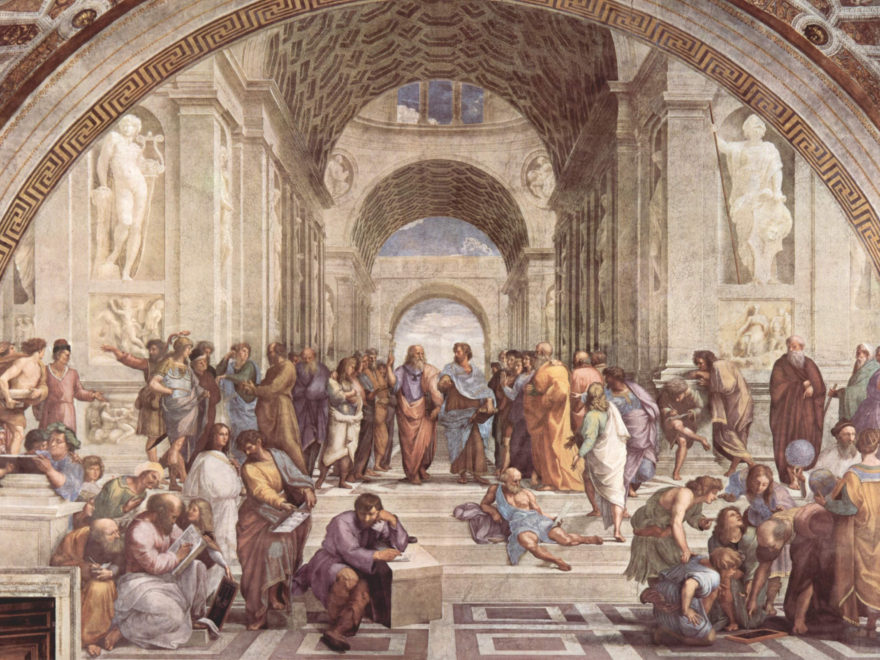
Why Study Western Civilization?
The classical Christian movement has at its core a commitment to teaching Western civilization. Even though we teach Western civ, its distinctive qualities are not always clear. As a result, many educators (even within the classical movement) question why we would teach Western civilization. Here I will lay out what I think are the three…
-
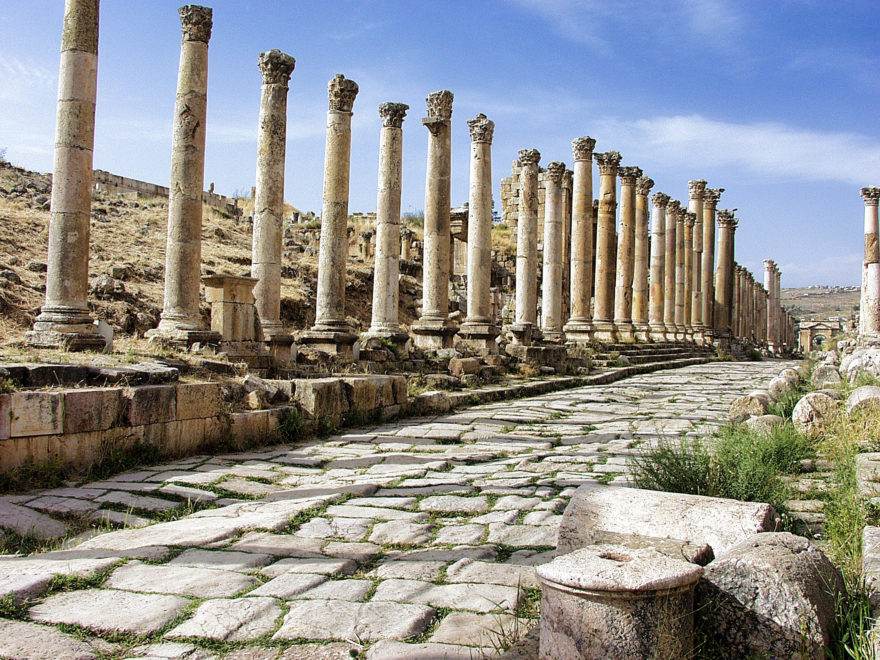
Review of Recovering the Lost Tools of Learning by Douglas Wilson
Most people in the classical Christian school movement look upon Dorothy Sayer’s 1947 essay “The Lost Tools of Learning” as something of a founding document. However, the movement as it currently exists in North America stems from the implementation of that essay in the late 1980s, and is best represented in Douglas Wilson’s Recovering the…
-
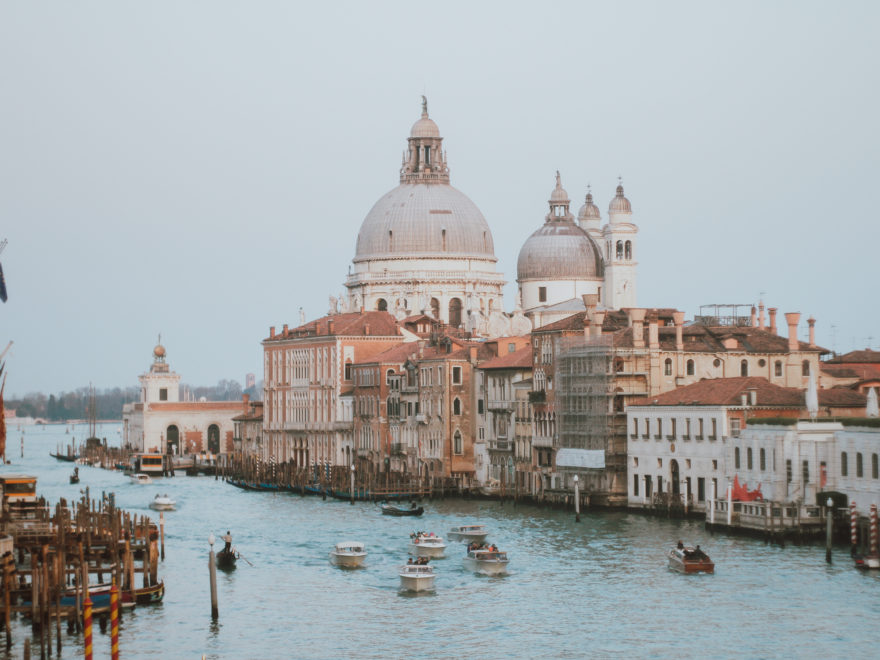
Renaissance Education: Looking to the Past to Chart a Course for Education Today
Education in the Renaissance centered around a rediscovery of lost ideas leading to a rebirth of civilization. Looking back to Renaissance education provides insight into our own age as we reclaim the great texts and ideas lost over the past decades through waves of progressive educational reform. Rediscovering a World of Ideas Prior to the…
-
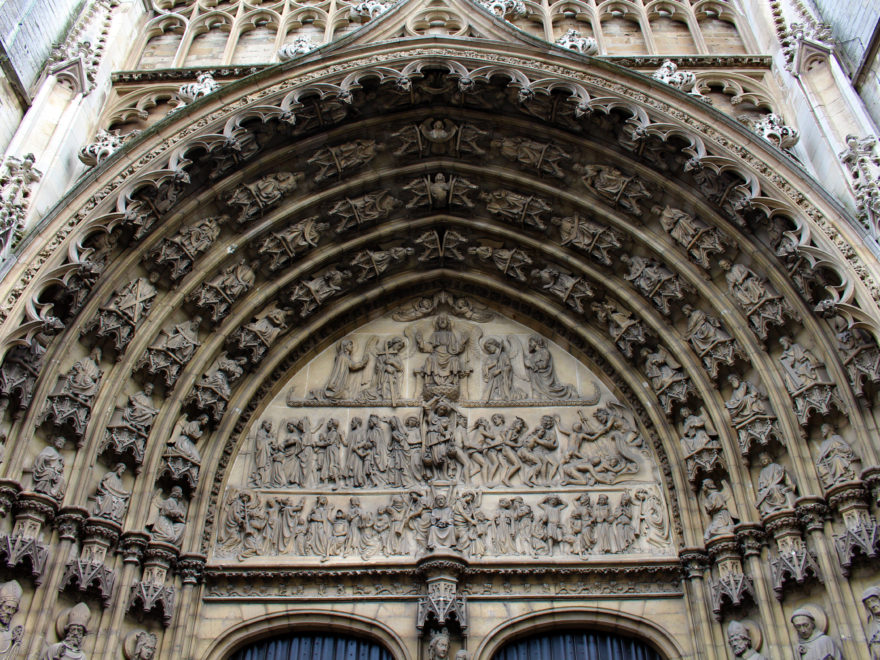
Review of The Liberal Arts Tradition by Kevin Clark and Ravi Jain
Kevin Clark and Ravi Scott Jain. The Liberal Arts Tradition: A Philosophy of Christian Classical Education. Classical Academic Press, 2013. In The Liberal Arts Tradition Kevin Clark and Ravi Jain endeavor to set the record straight about what made up the course of study in the classical tradition of education. As two longtime friends and…
